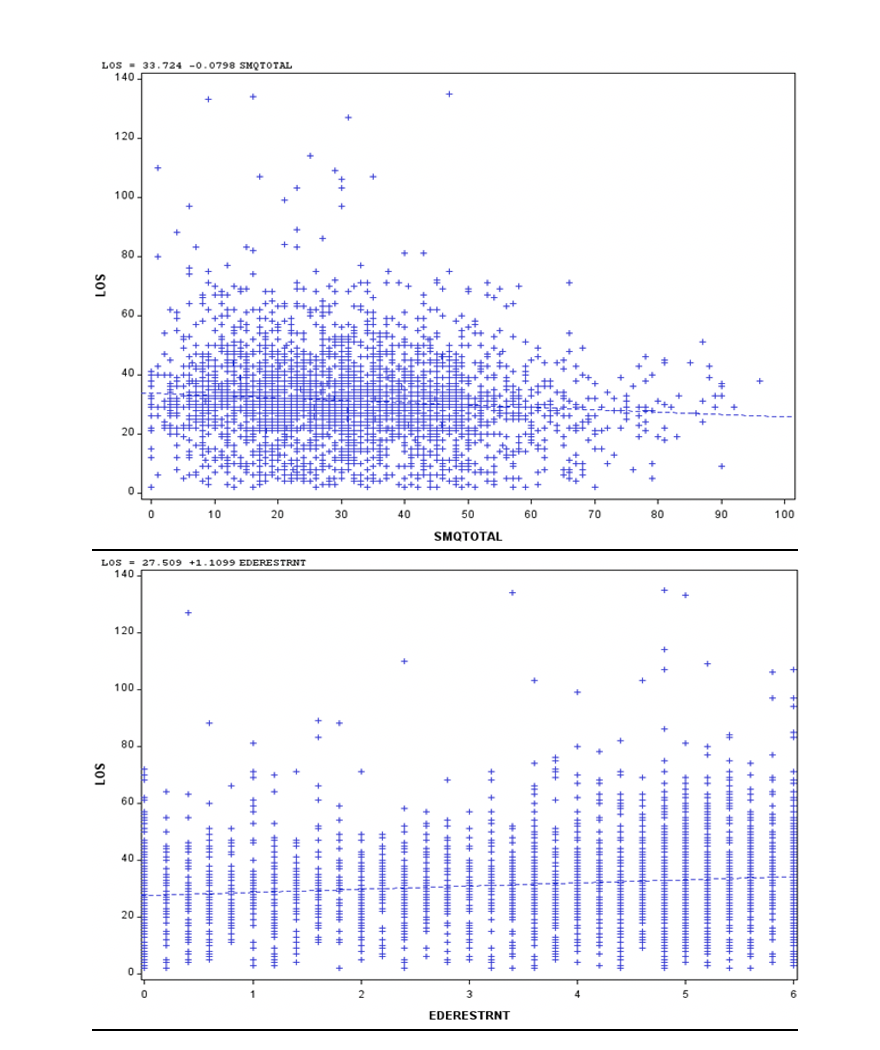Adolescent Medicine: Disordered Eating
Category: Abstract Submission
Adolescent Medicine II
506 - The Effect of Strength-Based Mindfulness on Patient’s Length of Stay at the Renfrew Center for Eating Disorders
Friday, April 22, 2022
6:15 PM - 8:45 PM US MT
Poster Number: 506
Publication Number: 506.100
Publication Number: 506.100
Kaitlin Sanzone, Cooper Medical School of Rowan University, montville, NJ, United States; Daniel Short, Cooper Medical School of Rowan University, Camden, NJ, United States; John Gaughan, Cooper Medical School of Rowan University, Camden, NJ, United States; Lori Feldman-Winter, Cooper Medical School of Rowan University, Cherry Hill, NJ, United States

Kaitlin Sanzone, BA, MD anticipated 2023
Presenting Author
Cooper Medical School of Rowan University
montville, New Jersey, United States
Presenting Author(s)
Background: Throughout past decades, psychiatrists and researchers have sought to comprehend the factors that contribute to the severity of an eating disorder (ED). The current literature indicated a potential relationship between a patient's resilience and the recovery course of their eating disorder. Research also supports the correlation between body size dissatisfaction and low resilience. Resilience and strength-based counseling may offer novel interventions for patients at risk for, or currently suffering from, an eating disorder and may be related to shorter hospital stays.
Objective: To examine the correlation between resilience, measured by indicators of mindfulness and restraint, and length of stay (LOS) at Renfrew Center for Eating Disorders.
Design/Methods: Data was obtained from The Renfrew Center for Eating Disorders’ database. Inclusion criteria included admission to a Renfrew inpatient facility, female gender, and ages 13-75 years. Exclusion criteria included ages less than 13 years or greater than 75 years and male gender. Given these criteria, a sample size of 2901 subjects were allocated. Two specific questionnaires at Renfrew were analyzed as independent variables: Southampton Mindfulness Questionnaire, to assess a patient’s mindfulness, and the ED Restraint survey, to quantify a patient’s restraint. The dependent variable was length of stay (LOS) at the Renfrew center. A longer LOS was considered to be associated with more severe disease battle. The main outcome of this study, patient's total LOS, was analyzed using independent variables of mindfulness/restraint, controlled for demographic variables. A multivariable linear regression analysis was used to estimate the effect size. The study was reviewed and approved by our Institution’s Review Board.
Results: There was a correlation between increased mindfulness scores and decreased restraint scores with a decreased LOS, after controlling for other potential confounding variables. For every 13-point increase in the mindfulness score (more mindful), the LOS decreased by about 1 day. In terms of restraint, for every 1-point decrease in the restraint score (less severe disease), the LOS decreased by about 1 day.Conclusion(s): The Renfrew data supports the relationship between a patient’s resilience and their length of hospitalization. This information holds promise for future treatment regiments to improve strength-based modalities in patients in the course of managing eating disorders.
Kaitlin Sanzone-CVKaitlin Sanzone-CV .pdf
Figure 2 AB: A scatterplot demonstrating the association discovered between mindfulness (2A) and restraint scores (2B) and LOS at Renfrew, adjusting for the confounding variables noted in the demographic characteristics. Scatterplot 2A demonstrating the association discovered between mindfulness scores and LOS at Renfrew, accounting for the confounding variables presented in the demographic characteristics. This plot calculated that a decrease in hospitalization by about 1 day correlates with a 13-point increase on the mindfulness questionnaire.
Scatterplot 2A demonstrating the association discovered between mindfulness scores and LOS at Renfrew, accounting for the confounding variables presented in the demographic characteristics. This plot calculated that a decrease in hospitalization by about 1 day correlates with a 13-point increase on the mindfulness questionnaire.
Scatterplot 2B similarly demonstrates the association discovered between restraint scores and LOS at Renfrew, adjusting for the confounding variables noted in the demographic characteristics. In this plot, a 1 point decrease on the restraint questionnaire is associated with a decrease in hospitalization stay by 1 day.
Objective: To examine the correlation between resilience, measured by indicators of mindfulness and restraint, and length of stay (LOS) at Renfrew Center for Eating Disorders.
Design/Methods: Data was obtained from The Renfrew Center for Eating Disorders’ database. Inclusion criteria included admission to a Renfrew inpatient facility, female gender, and ages 13-75 years. Exclusion criteria included ages less than 13 years or greater than 75 years and male gender. Given these criteria, a sample size of 2901 subjects were allocated. Two specific questionnaires at Renfrew were analyzed as independent variables: Southampton Mindfulness Questionnaire, to assess a patient’s mindfulness, and the ED Restraint survey, to quantify a patient’s restraint. The dependent variable was length of stay (LOS) at the Renfrew center. A longer LOS was considered to be associated with more severe disease battle. The main outcome of this study, patient's total LOS, was analyzed using independent variables of mindfulness/restraint, controlled for demographic variables. A multivariable linear regression analysis was used to estimate the effect size. The study was reviewed and approved by our Institution’s Review Board.
Results: There was a correlation between increased mindfulness scores and decreased restraint scores with a decreased LOS, after controlling for other potential confounding variables. For every 13-point increase in the mindfulness score (more mindful), the LOS decreased by about 1 day. In terms of restraint, for every 1-point decrease in the restraint score (less severe disease), the LOS decreased by about 1 day.Conclusion(s): The Renfrew data supports the relationship between a patient’s resilience and their length of hospitalization. This information holds promise for future treatment regiments to improve strength-based modalities in patients in the course of managing eating disorders.
Kaitlin Sanzone-CVKaitlin Sanzone-CV .pdf
Figure 2 AB: A scatterplot demonstrating the association discovered between mindfulness (2A) and restraint scores (2B) and LOS at Renfrew, adjusting for the confounding variables noted in the demographic characteristics.
 Scatterplot 2A demonstrating the association discovered between mindfulness scores and LOS at Renfrew, accounting for the confounding variables presented in the demographic characteristics. This plot calculated that a decrease in hospitalization by about 1 day correlates with a 13-point increase on the mindfulness questionnaire.
Scatterplot 2A demonstrating the association discovered between mindfulness scores and LOS at Renfrew, accounting for the confounding variables presented in the demographic characteristics. This plot calculated that a decrease in hospitalization by about 1 day correlates with a 13-point increase on the mindfulness questionnaire.Scatterplot 2B similarly demonstrates the association discovered between restraint scores and LOS at Renfrew, adjusting for the confounding variables noted in the demographic characteristics. In this plot, a 1 point decrease on the restraint questionnaire is associated with a decrease in hospitalization stay by 1 day.
